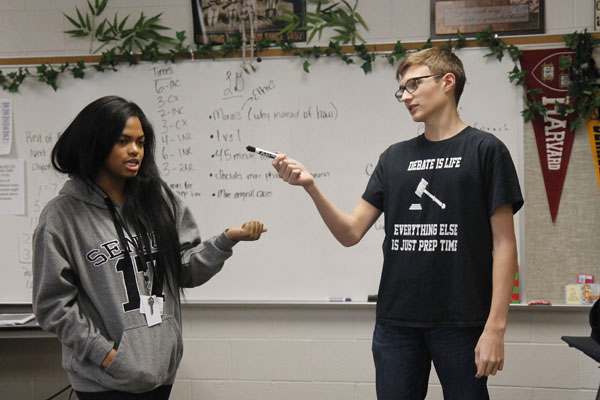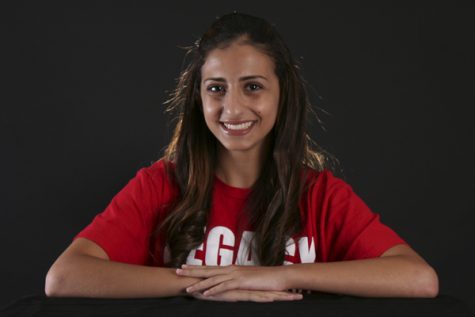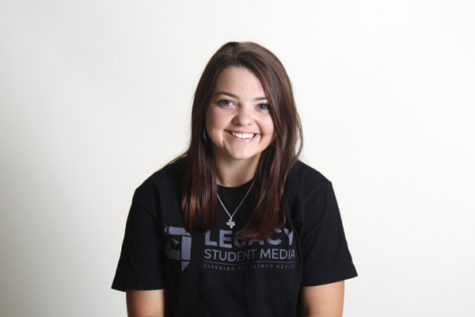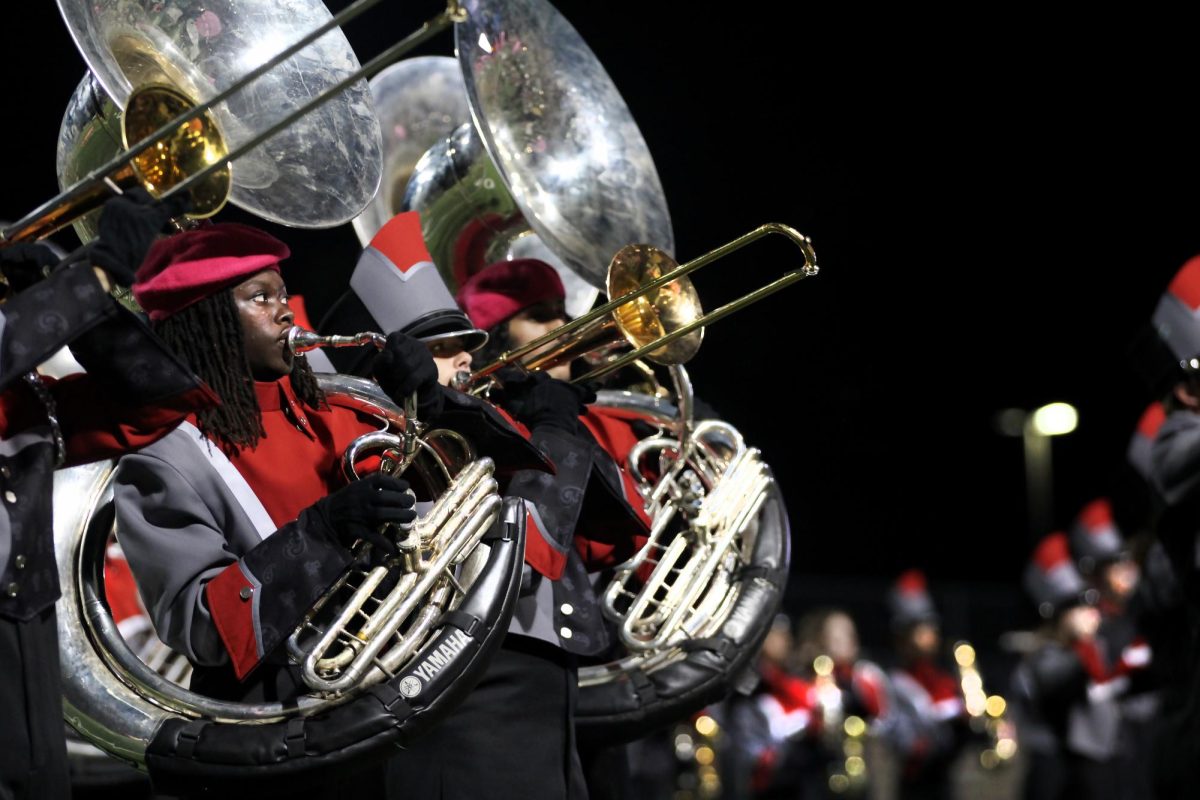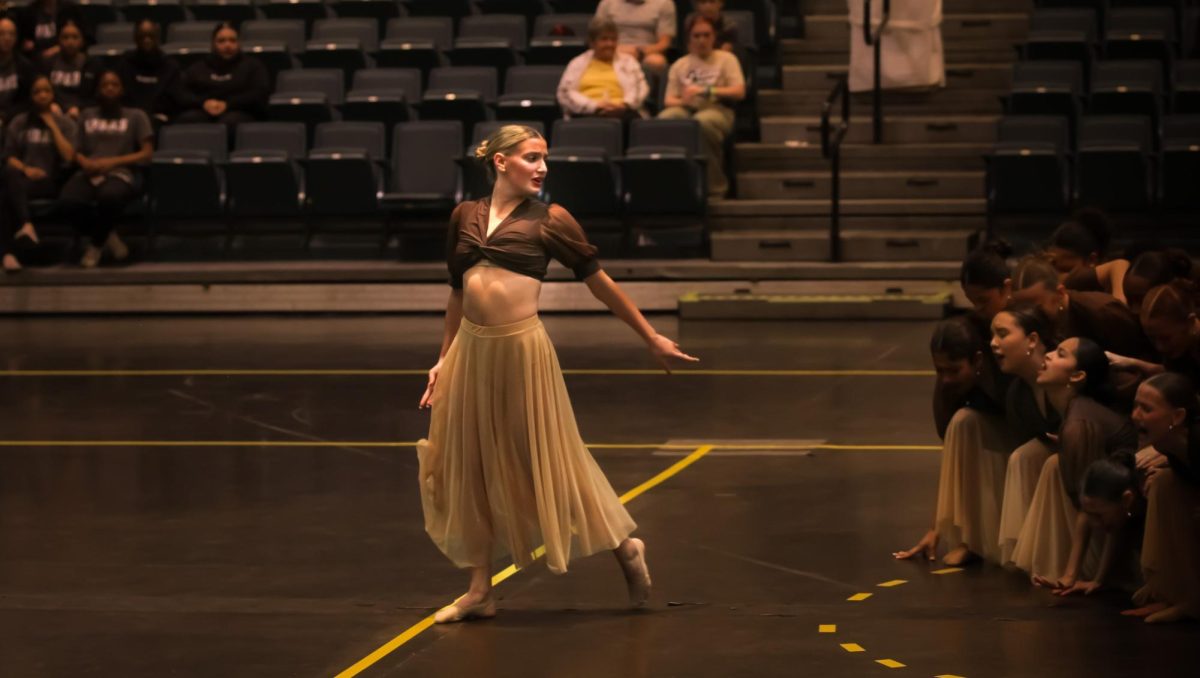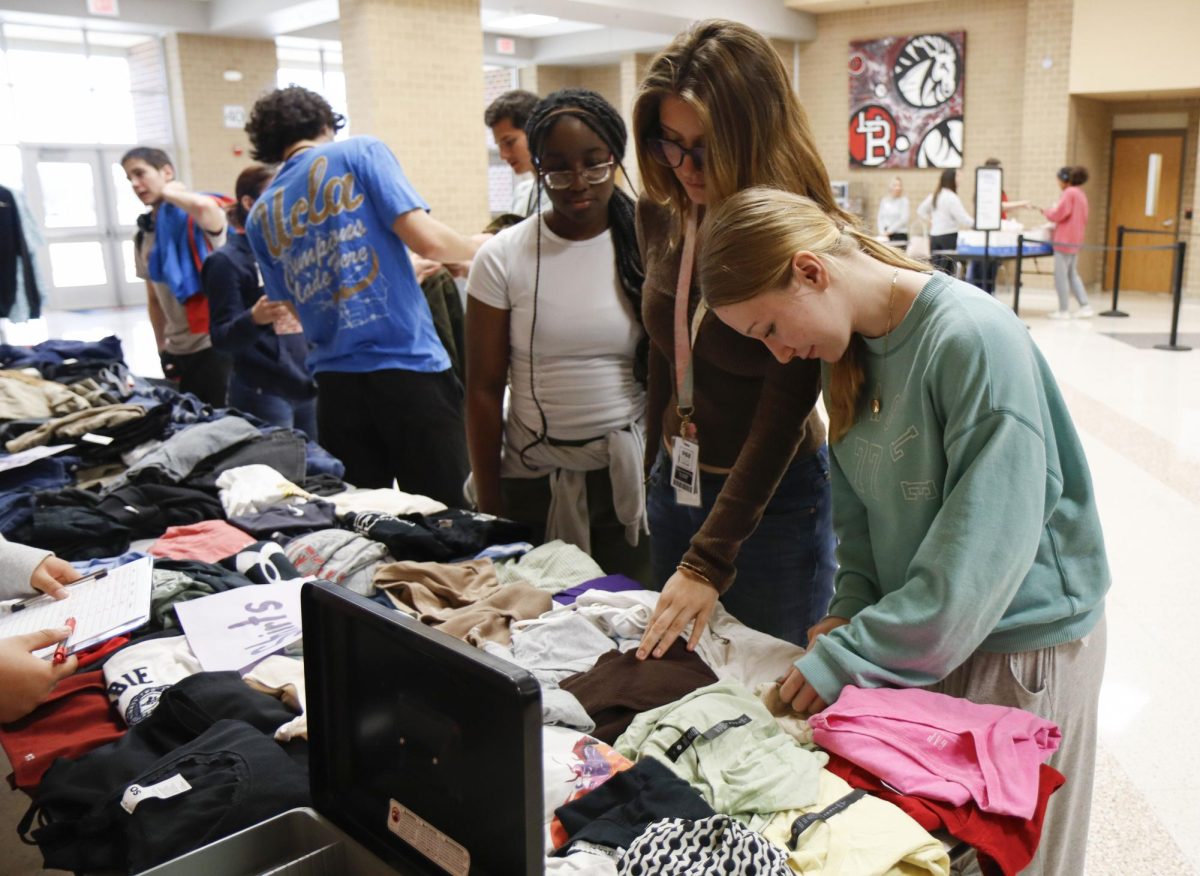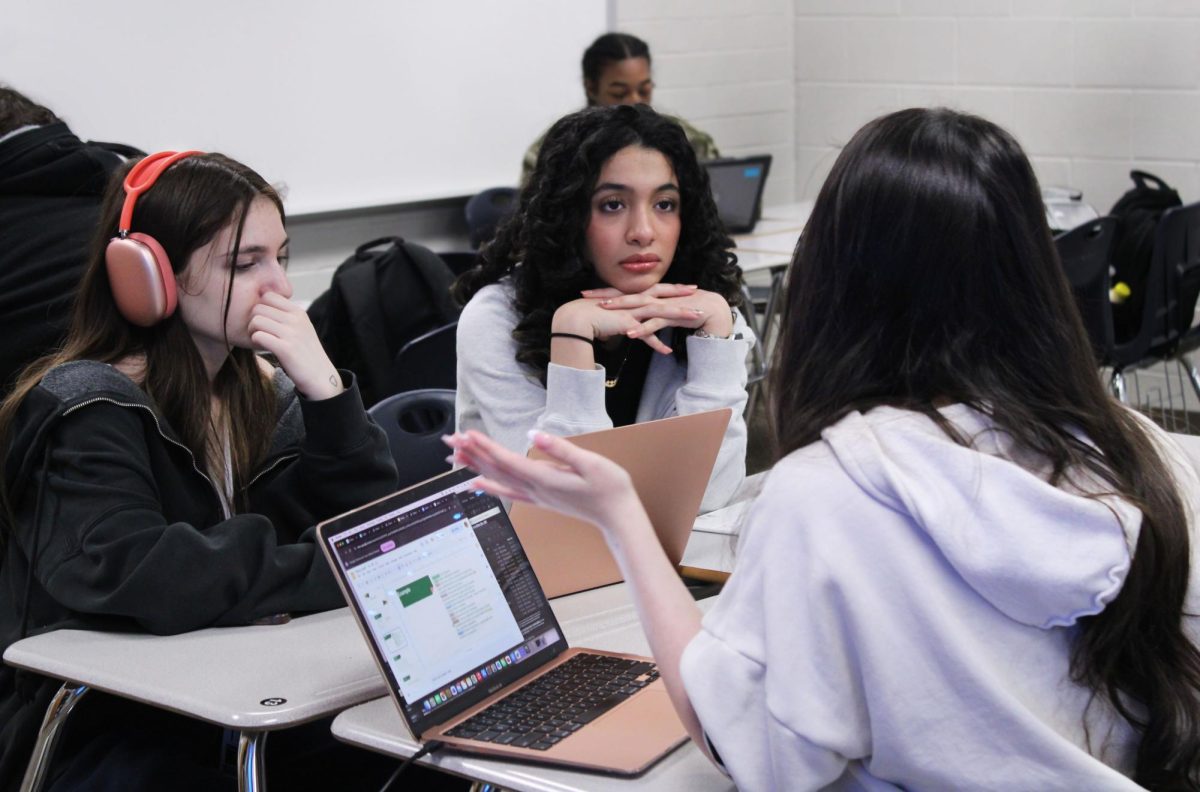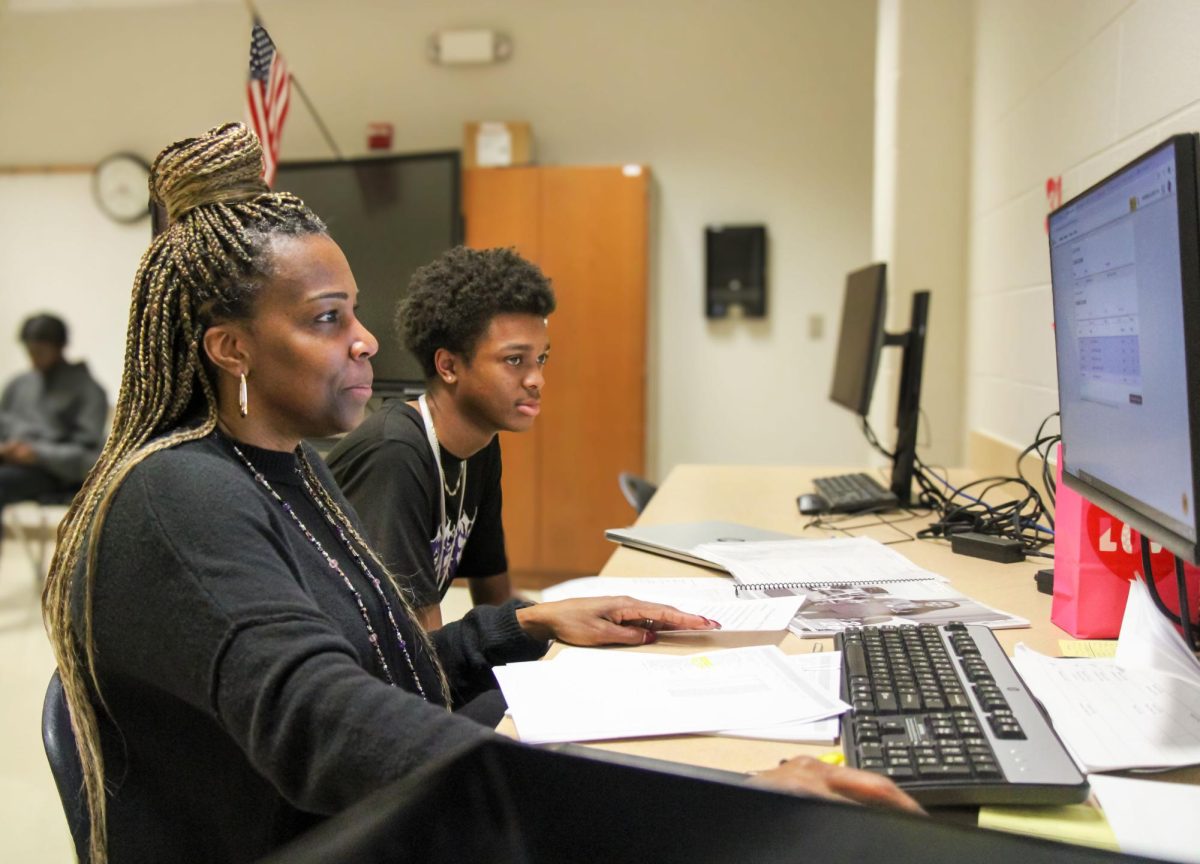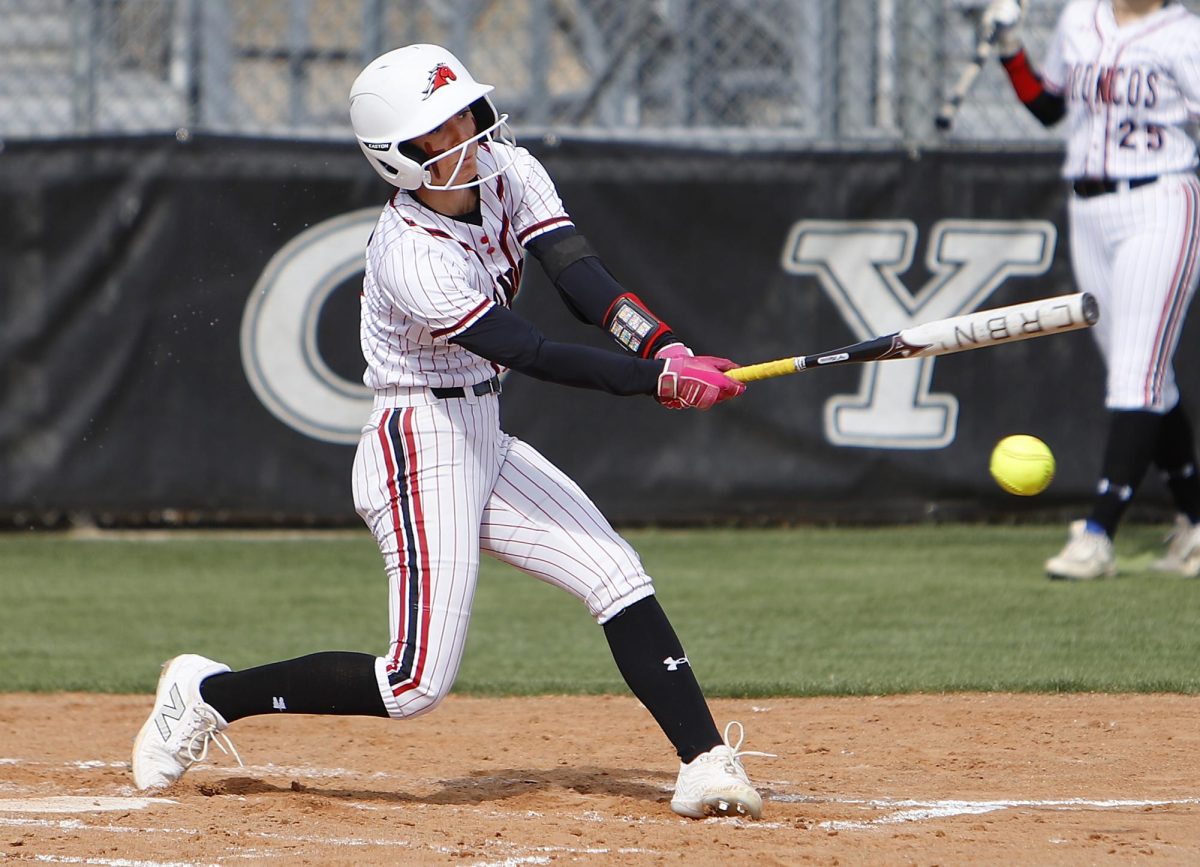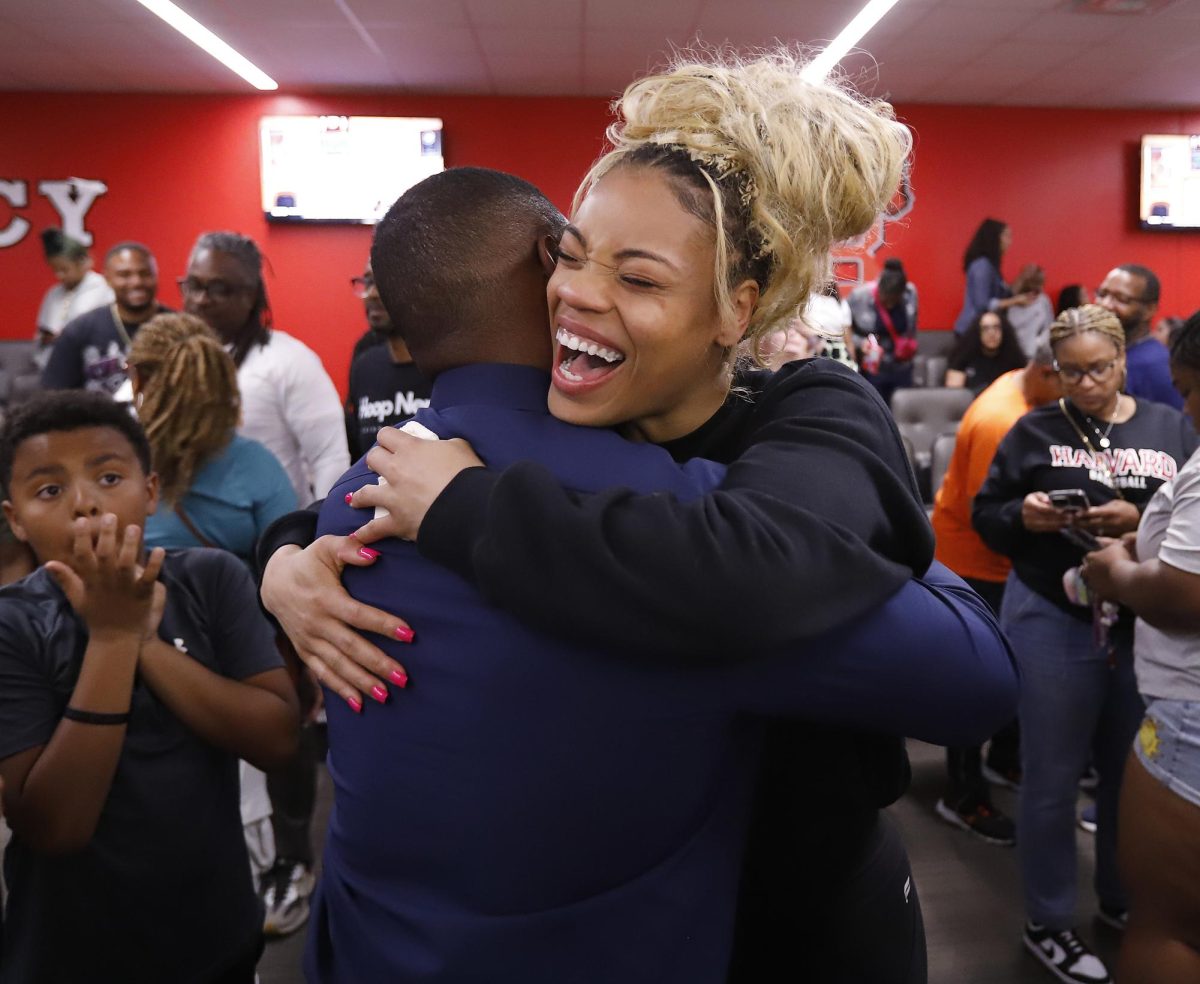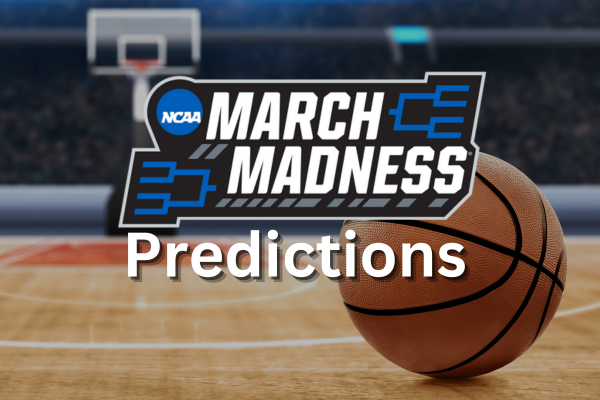Mr. Howard Ritz’s classroom was crowded on a Thursday afternoon for a weekly debate practice. Debate students chattered about the current Lincoln-Douglas topic as they waited for remaining students to file inside. Some set their backpacks and books next to a seat and populated around Mr. Ritz’s desk for further instruction.
“If anyone is signing up for an upcoming tournament, make sure you write your name on the board,” Mr. Ritz said pointing to the white board containing a list of students competing at each tournament.
After the majority of students showed up, Mr. Ritz looks around and notices an unfamiliar face.
“Are you interested in joining debate? We have different types such as LD, CX and you can even join student congress,” Mr. Ritz said with a friendly smile to the unfamiliar face. “My name is Mr. Ritz, by the way.”
“I’m Noah, and I was thinking about joining,” the now familiar face said. “Schnuck encouraged me, so here I am.”
“I’m biased, but you should join LD,” senior and LD debate captain Alyssa Crosby said. “Do you know the difference between CX and LD?”
Two heads shook their head which prompted Crosby to grab an Expo marker and write down a bulleted list of distinguishing points about LD debate.
“The main difference is that LD focuses more on moral issues. We focus more on why instead of how.” Crosby said. “It includes more philosophical arguments, but I don’t bring philosophers up in my arguments because they’re boring.”
Debater Ben Schnuck walks into the classroom late and the room roars because he managed to show up.
“You’re too late. He’s converted to LD,” Crosby said to Schnuck as he sets his belongings down.
“No way,” Schnuck said with a shocked expression on his face.
Crosby and Schnuck then began a heated debate about which type of debate was superior. Both parties conceded and refuted each other’s arguments and made their case to the new member to which type he should choose.
“I will concede that there is nothing in LD that is not in CX and vice versa,” Schnuck said as the discussion began to die down.
Afterward, the conversation shifted to discuss the current LD debate topic: public colleges and universities in the United States ought not to restrict any constitutionally protected speech.
“I didn’t know there were safe zones on college campuses,” Mr. Ritz said. “Where in the constitution does it limit free speech?”
“Colleges have a space space, but elementary schools don’t,” a debater said. “Does that mean I could say whatever non-politically correct thing over there without any repercussions?”
The class then began breaking down the topic word by word to determine whether or not he could do that. The conversation allowed for students to brainstorm arguments and further deepen their understanding of the topic.
Toward the end of practice, Mr. Ritz began review how tournaments were to the new debater.
“Can we just admire all those medals on the wall?” a debater said while pointing to the back wall where a plethora of medals was displayed.
“Hopefully we can get some more up there. “We’ve already got Crosby and Ipock qualified for the NTDA tournament and one CX team qualified for TFA state. Another CX team only needs three more points to qualify,” Mr. Ritz said. “We’ll find out on Jan. 24 if we qualify for UIL state.”



